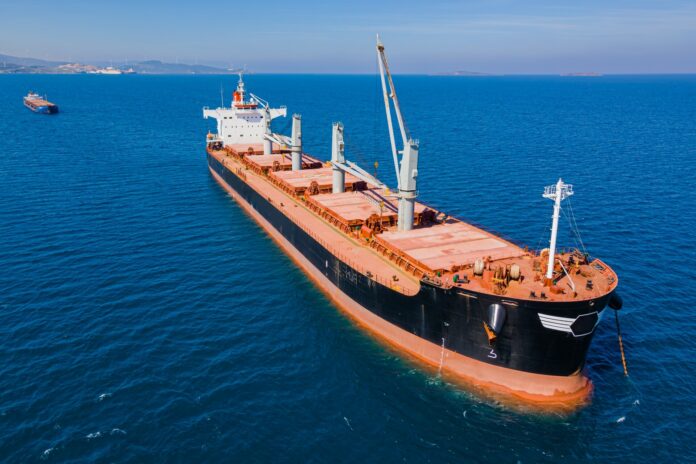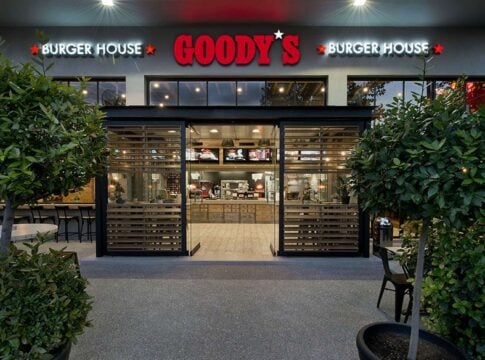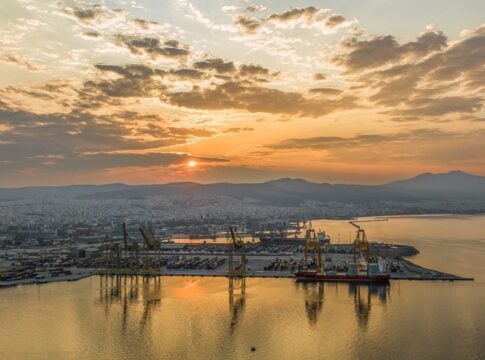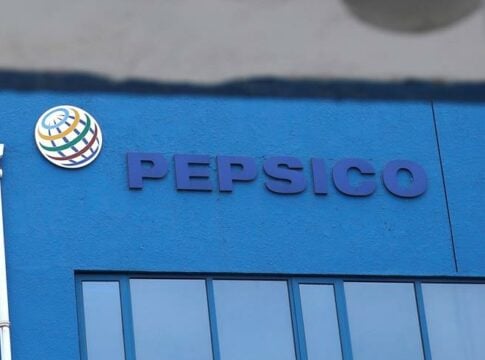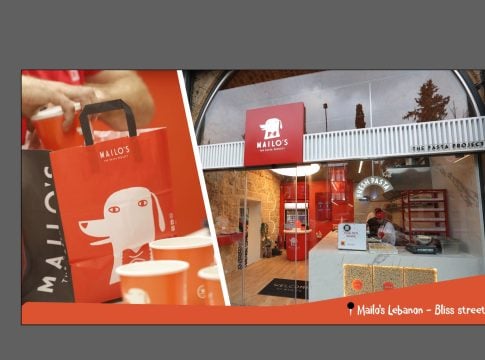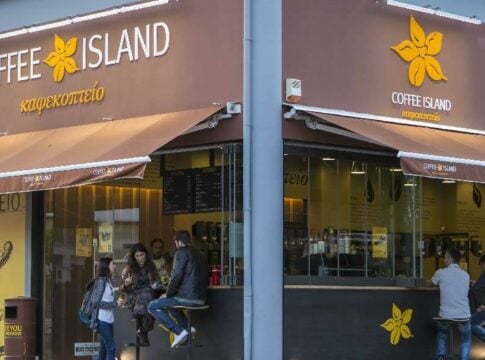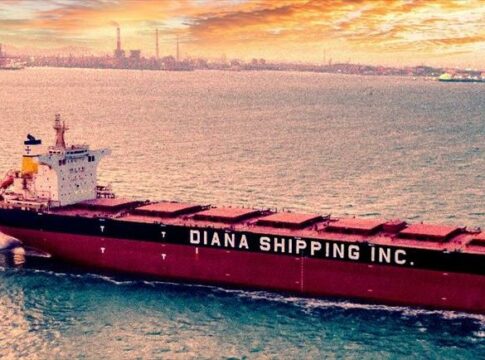The dry bulk carrier market continues to move on a trajectory of intense volatility, influenced by geopolitical developments, trade uncertainties and China’s stance, while Greek shipping companies listed in the US are reshaping strategies to maintain resilience and financial flexibility.
The results of the first half of 2025 highlight both the challenges and the capital strengthening actions aimed at reassuring investors and markets.
Costamare Bulkers
The recent spin-off of Costamare bulkers from containership parent Costamare presented its financial results for the first time. The company’s CEO, Grigoris Zikos, focused on the company’s change of strategy, as it is selling its smaller tonnage ships and investing in larger ships.
Castor
Petros Panagiotidis, CEO of Castor, commented on the first quarter of 2025: “The first quarter of 2025 presented a challenging operating environment, with more subdued conditions in the dry bulk market and a more limited contribution from our investment portfolio. Nevertheless, our underlying performance remained resilient, supported by prudent operations, prudent cost management and our commitment to creating long-term value. Looking ahead, we remain focused on delivering on our strategic priorities and continue to pursue attractive acquisition opportunities, with the aim of sustainable, long-term growth.”
Danaos Corporation
Danaos CEO Dr. John Coustas referred to the market volatility due to the conflicts in Ukraine and Gaza. Danaos traditionally operates a large fleet of containerships, but in recent years has also invested in bulk carriers, such as capes.
“Geopolitically, there have been no major upheavals, with the conflicts in Ukraine and Gaza continuing. The absence of further escalation is somewhat reassuring, although the potential for volatility remains high. We are closely monitoring developments, however, we have not seen any new disruptions to global shipping routes in the last quarter.”
Diana Shipping
Diana Shipping is pursuing an expansion strategy, either in new markets or with other companies that manage bulk carriers. The latest move for the company was the entry, with a 7.7% stake, in Genco Shipping, also listed on the US stock exchange, for 46 million dollars.
According to the company, “the dry bulk market is facing volatility due to geopolitical and economic uncertainties, including tariffs and trade restrictions. Despite these challenges, Diana Shipping has managed to secure improved freight rates, especially in the Capesize segment.”
EuroDry
Aristides Pittas, President and CEO of EuroDry, focused on the uncertainty caused by the conflicts.
“The short-term outlook depends on geopolitical and broader macroeconomic developments, with the impact of US tariffs and countermeasures from other countries dominating. In addition, the recent attacks on two dry bulk carriers in the Red Sea increase uncertainty and strengthen demand for ships, as even fewer shipowners and managers will transit the region following the attacks,” he said.
Star Bulk Carriers
Following the major acquisition of Eagle Bulk, Star Bulk Carriers CEO Petros Pappas is selling his company’s older ships and expressing his readiness to take advantage of the opportunities that will arise in the market for the next deal.
Safe Bulkers
Dr. Loukas Barbaris, President of Safe Bulkers, referred to the weak market, compared to last year’s data, in his analysis. “During the second quarter of 2025 we experienced a weaker market compared to the previous year, which affected our revenues and profitability. We remain focused on fleet renewal, maintaining strong liquidity, comfortable leverage levels and creating long-term value, rewarding our shareholders.”
Seanergy Maritime Holdings
The company that manages capesize vessels (180,000 dwt), currently has a fleet of 21 vessels. Stamatis Tsantanis, the company’s president and CEO, pointed out that the market outlook for the second half of the year is traditionally stronger.


